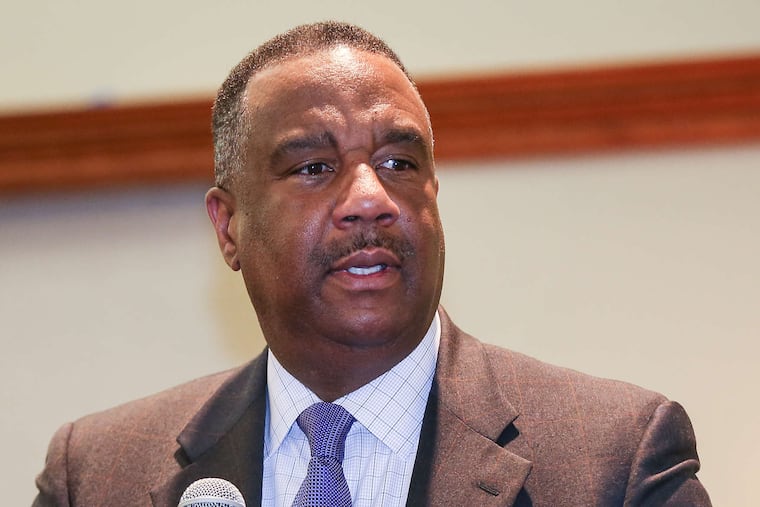College presidents oppose community college nursing degree
A group of New Jersey college presidents voted Monday to tell the state they oppose proposals by two North Jersey community colleges to confer bachelor's degrees in nursing.

A group of New Jersey college presidents voted Monday to tell the state they oppose proposals by two North Jersey community colleges to confer bachelor's degrees in nursing.
The New Jersey Presidents' Council narrowly decided to send the proposals with negative recommendations to the state secretary of higher education, who will make the final call on whether to approve them.
Union County College and Passaic County Community College, which currently offer associate's degrees in nursing, hope to create bachelor's degree completion programs for existing registered nurses. Those R.N.-to-B.S.N. programs, if approved, would be the first time community colleges in the state granted bachelor's degrees.
The schools argue that rising credential standards in nursing have made the bachelor's degrees necessary at the entry level and that their schools can offer those programs at the lowest cost to students.
Other community college presidents have voiced their support for the idea and voted for the programs, but presidents of four-year schools pushed back and ultimately won the advisory vote.
"The one thing that none of us should sit around the table and ever do is cut off a pathway for a student and their family to a better life," said Paul Drayton, president of Rowan College at Burlington County, a community college.
Drayton cited numbers given by other presidents about the affordability of community colleges and the low numbers of nursing students who ultimately pursue bachelor's degrees.
"If we're keeping what's most important in mind, forget about everything else that you heard here today: What's in the best interest for that student?" Drayton said at the meeting.
Presidents of four-year colleges and universities raised concerns about mission creep from the two-year schools and difficulty finding qualified faculty.
"We all know, in this room, that there are significant costs associated with baccalaureate-level education. Significant costs. It is not something that could be done at the same cost that lower-division education can be done," said Susan A. Cole, president of Montclair State University, who opposed the proposals.
"I don't believe there has been the effort between the community colleges and the four-year institutions to see how we might approach this problem, and I think the approach that is proposed is a dangerous one," she said.
Nineteen presidents voted against the proposals, including the heads of Rutgers University and Stockton University. One president abstained, and several were absent, including the leaders of Rowan University and the Gloucester County community college, Rowan College at Gloucester County.
Eighteen presidents, including the Union and Passaic leaders, voted for the proposals. Of the state's 19 community colleges, 16 presidents attended the meeting and voted in favor of the nursing programs.
Monday's vote sends the proposal to Higher Education Secretary Rochelle Hendricks. There is no timeline for her decision.
A spokesman for her office declined to comment Monday beyond saying that "we will consider" the proposals.
Whatever Hendricks decides, the conversation surrounding community college bachelor's degrees is unlikely to go away, with New Jersey lawmakers floating similar proposals and 22 other states allowing some community colleges to run baccalaureate programs.
"The secretary still needs to make the final decision. But I think the secretary . . . got a sense of the fracture among the sectors," said Michael W. Klein, head of the New Jersey Association of State Colleges and Universities, representing four-year public colleges outside of Rutgers and the New Jersey Institute of Technology.
Steven M. Rose, president of Passaic County Community College, said the close vote demonstrated an interest in the programs.
"I'm counting on the fact that when it goes to the secretary's office, that it will be looked at in terms of the merits of these two programs," he said.
Margaret M. McMenamin, president of Union County College, said she was particularly glad to see two four-year colleges vote with the community colleges, and is "anxiously awaiting" Hendricks' decision.
"This is going to happen eventually," she said. "Twenty-two states in the country, and growing, are allowing community colleges to issue a baccalaureate degree. We're not innovative with this; we're middle adopters."
Ali A. Houshmand, president of Rowan University, was not in attendance due to a medical issue but, in a statement read to the council, called for compromise, "Else there will be tension for years to come."
"Creative tension is good," McMenamin said after the meeting. "And maybe it makes us all better."
856-779-3220 @elaijuh